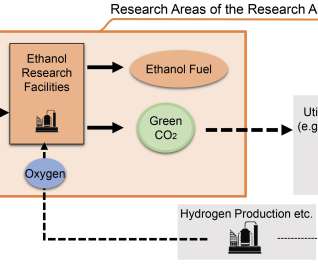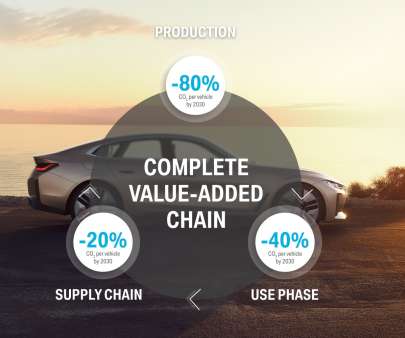Six Japan-based companies establish Research Association of Biomass Innovation for Next Generation Automobile Fuels
Green Car Congress
JULY 20, 2022
Toyota Motor Corporation , and Toyota Tsusho Corporation established the Research Association of Biomass Innovation for Next Generation Automobile Fuels (Research Association) to study ways to optimize the process of producing fuel. Specific research areas are as follows: Research on Efficient Ethanol Production Systems.





























Let's personalize your content